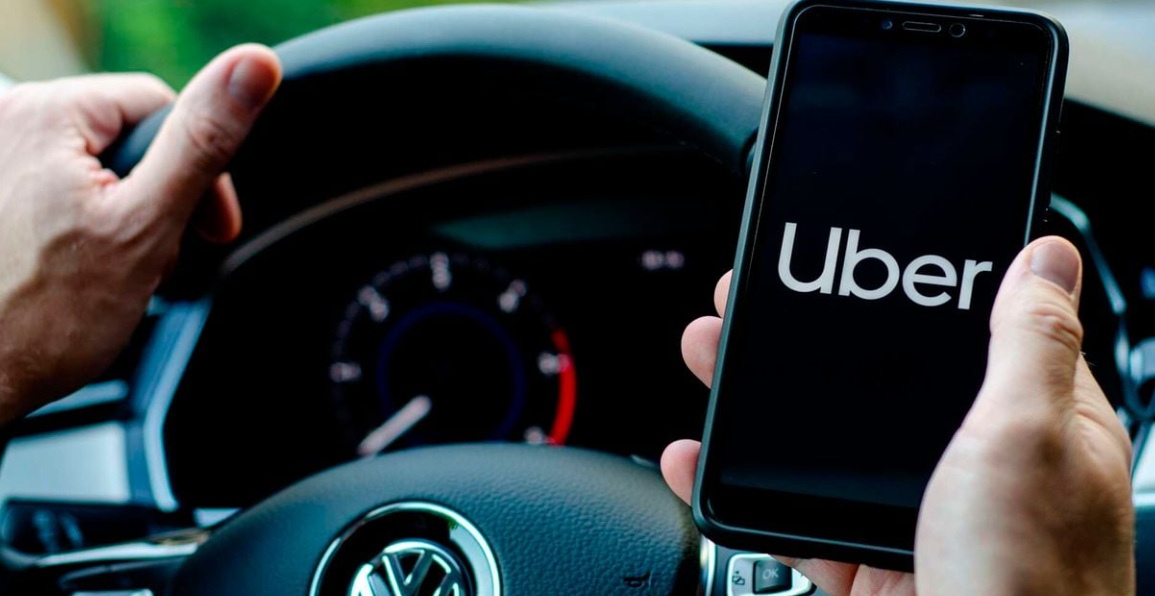Uber has announced a significant price adjustment across its ride-hailing services, a move that follows mounting pressure from drivers who have expressed concerns about the current fare structure. The revised pricing model includes an increase in the minimum fare, which has been raised from KSh 200 to KSh 220.
This change comes roughly a month after drivers from various digital taxi platforms staged protests, demanding better earnings and more favorable terms.
The decision to increase fares was not made solely in response to the recent protests, according to Imran Manji, Uber’s Head of East Africa. Instead, it was driven by a combination of factors, including the rising cost of living, feedback from drivers, and customer preferences.
“Customers should expect a slight upward adjustment in the rates. We’ve considered multiple factors to ensure drivers earn decent income while passengers still benefit from affordability. Increasing the prices was informed by a review of the cost of living, drivers’ feedback, and not because of the protests only,” Manji said.
The new pricing model also aims to tackle an issue that has been causing discomfort among passengers—drivers requesting additional payments beyond the app-calculated fare. By raising the minimum fare, Uber hopes to eliminate such practices, ensuring a smoother and more transparent experience for its customers.
Manji acknowledged concerns about ride costs and driver earnings, noting that various elements are factored into fare calculations, such as the minimum fare, per kilometre rate, base fare, and per-minute charge. Despite this, Manji expressed hesitations regarding the recent demands from drivers and other stakeholders for Uber to raise fares to address driver dissatisfaction.
In an effort to boost driver income, Uber has introduced various service categories, such as Uber Comfort and Chap Chap Priority. Uber Comfort caters to customers willing to pay a premium for a more luxurious ride experience, typically involving newer vehicle models.
Chap Chap Priority offers drivers an additional KSh110 per ride during peak demand hours, providing an incentive to be on the road when rides are most needed.
Uber care is an initiative which offers cash bonuses to the top 30 drivers who have the highest ratings and the most completed trips. Uber Pro: Drivers are ranked using a color-coded system—blue, diamond, and platinum.
Those who reach Diamond status receive a reward of KSh 10,000. To help drivers lower their operating and maintenance costs, Uber also announced partnerships with key suppliers to provide discounts on spare parts and maintenance.
To further support its drivers, Uber has partnered with strategic suppliers to provide discounted prices on spare parts and maintenance services. This initiative is aimed at reducing the operating and maintenance costs for drivers, allowing them to keep more of their earnings.
As Uber continues to navigate the complex dynamics of ride-hailing in East Africa, these changes reflect the company’s efforts to balance the needs of its drivers and customers. The price adjustments, coupled with the introduction of new service categories and reward programs, signal Uber’s commitment to creating a sustainable business model that benefits all stakeholders




